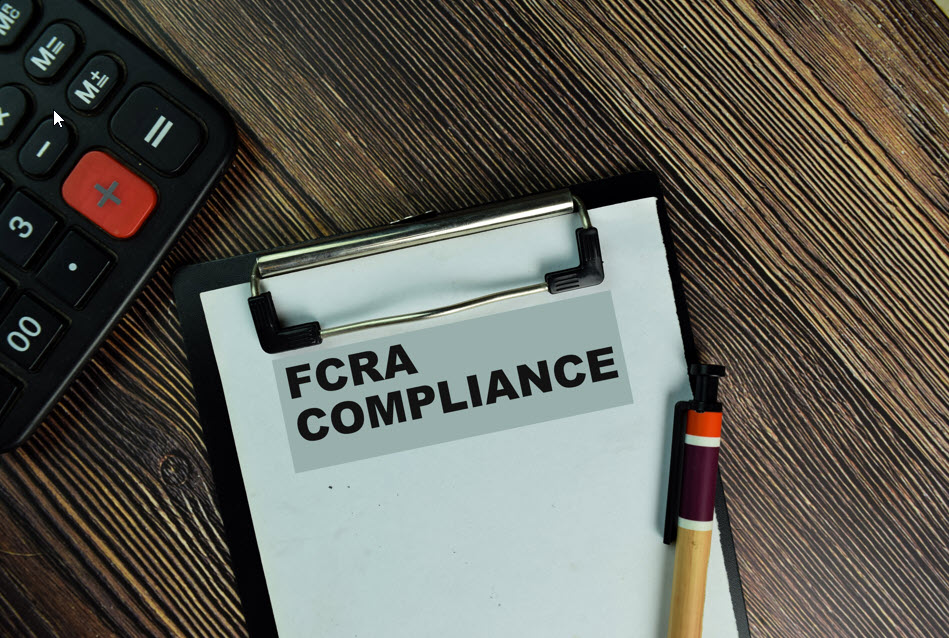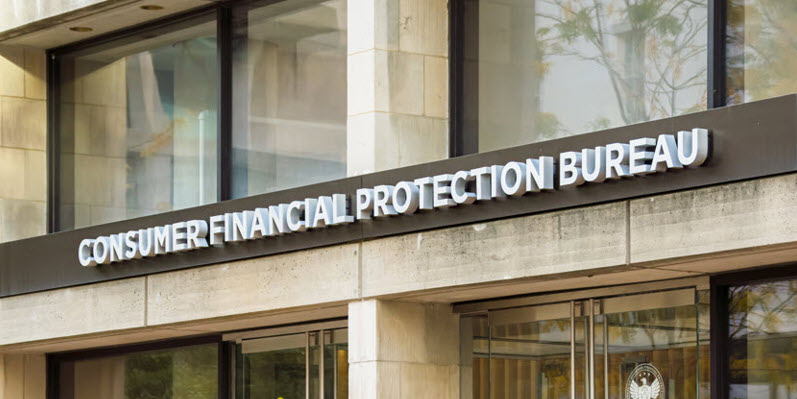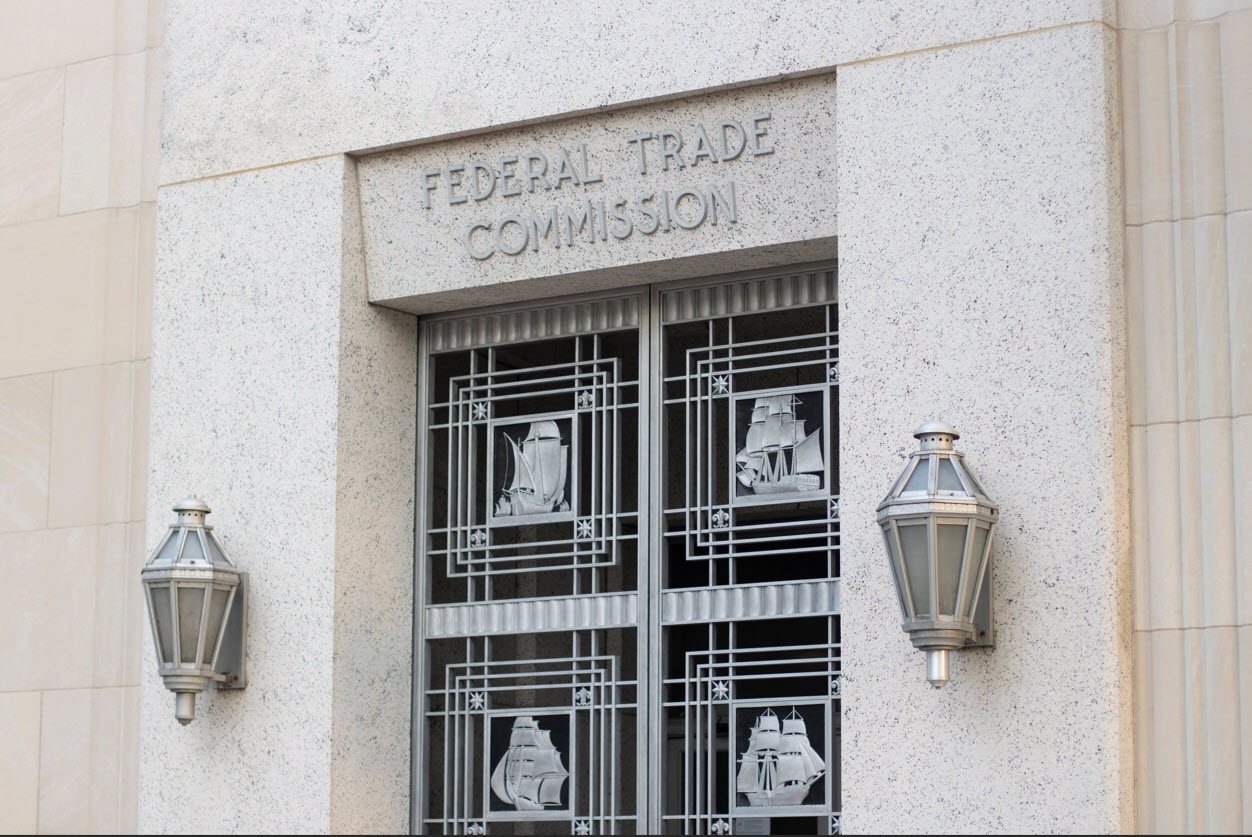Employers increasingly rely on third-party background checks, algorithmic assessments, and consumer reports when making decisions about hiring, promotions, and evaluating current employees. This reliance raises a critical question: Can an employer utilize these reports without following the Fair Credit Reporting Act (FCRA) guidelines? According to the Consumer Financial Protection Bureau (CFPB), the answer is no. The FCRA, originally established to regulate credit reporting, also extends protections to employees, ensuring that consumer information gathered and used for employment purposes is accurate, fair, and secure. Employers must adhere to FCRA requirements whenever third-party reports are used to guide employment-related decisions, upholding essential protections for the workforce.
Understanding the FCRA’s Role in Employment Decisions
The FCRA is primarily known for regulating credit reporting and ensuring that consumer information used by lenders is accurate and fair. However, it also extends these protections to employment, regulating any third-party reports—background checks, credit scores, or evaluations—that employers use to make decisions on hiring, promoting, reassigning, or retaining employees. These reports are considered “consumer reports” under the FCRA and are thus subject to its regulations.
What Qualifies as a Consumer Report?
A consumer report, as defined by the FCRA, includes a range of third-party reports that cover an employee’s public records, employment history, criminal background, or even collective bargaining activity. Beyond traditional background checks, it can encompass algorithmic scores or other assessments used to gauge employee performance, risk, or productivity. Any report containing scores that assess current employees on risk level or performance could qualify as a consumer report if it is used to influence employment-related decisions.
FCRA Obligations for Employers
When employers use these consumer reports, they are bound by several FCRA requirements:
- Permission to Procure Reports: Employers must obtain explicit consent from employees before obtaining a consumer report.
- Adverse Action Notices: If a report is used to make an adverse decision, such as a demotion or termination, the employer must notify the employee before and after the decision.
- Restricted Use: Employers can only use these reports for the specific employment purposes permitted by the FCRA.
Obligations for Consumer Reporting Agencies
Third-party providers of consumer reports—known as “consumer reporting agencies” under the FCRA—must follow stringent guidelines, including ensuring the accuracy of information, providing consumers access to their data, and addressing disputes over inaccuracies. This means that background screening agencies, which compile information from various sources, are required by law to assure maximum accuracy and to facilitate workers’ rights to view and challenge the data collected about them.
The Growing Role of Technology in Worker Monitoring
In recent years, technology has significantly advanced how employers track and evaluate workers, especially with the rise of remote work. Now, consumer reporting agencies can offer a variety of detailed reports on employee activities and behaviors, such as web browsing habits, driving patterns, keystroke monitoring, and meeting attendance. Some agencies go further, creating scores based on this data to measure productivity, assess behavior, or predict turnover risk. Employers might use these scores to make decisions on wages, scheduling, or disciplinary actions, which the FCRA closely monitors.
What Constitutes an FCRA-Regulated Consumer Reporting Agency?
To determine whether an employer’s use of a third-party report falls under FCRA regulation, two criteria must be met:
- Employment Purpose: The report is used to evaluate a worker for hiring, promotion, or retention.
- Agency Involvement: The report is produced by a third party that assembles or evaluates consumer data for employment decisions.
For example, a company developing an app that assesses a transportation worker’s driving performance and supplies these scores to employers could qualify as a consumer reporting agency if it uses additional data sources beyond employer-provided information to build its assessments.
Limited Exceptions to FCRA Coverage
While most consumer reports are covered, the FCRA has a narrow exception. It does not cover reports containing solely transactional or experiential data between the consumer and the report-maker. However, this exception does not apply if the report contains algorithmic scores or data sourced from beyond the employer’s transactions with the employee.
Conclusion
The FCRA’s comprehensive approach ensures that consumer data, especially when used for employment, is handled responsibly. Employers must follow FCRA guidelines when using third-party consumer reports to make employment-related decisions, safeguarding employee rights to transparency, accuracy, and fairness in the evaluation process. As technology continues to evolve, the FCRA’s protections remain essential, securing a fairer landscape where employment decisions based on personal data are held to high standards.

Author: Jennifer Evancic
Jennifer.Evancic@ResourceManagement.com
Jennifer Evancic is a third-party auditor valued by creditors and large organizations for her knowledge in call monitoring within the collections industry. With meticulous attention to detail and a firm grasp of regulatory requirements, she ensures compliance with clients’ criteria and state and federal regulations.
Jennifer audits collections calls, ensuring they meet client-specific criteria and comply with regulations, providing valuable insights and maintaining industry standards.
Beyond her auditing responsibilities, Jennifer takes the lead in organizing and facilitating monthly call calibrations. These sessions serve as a collaborative forum where clients and their vendors come together to discuss call monitoring results and address any findings or areas for improvement. Jennifer’s guidance fosters open communication and ensures alignment between clients and vendors, driving continuous improvement in collections practices.
Jennifer stays up-to-date with compliance and industry best practices by participating regularly in peer meetings, regulatory updates and industry webinars. This keeps her informed about emerging issues and ensures she remains a knowledgeable leader in collections compliance.
Sign Up for the Twice Monthly Newsletter
Just enter your email address at the top orange bar at:
Collection Compliance Experts – “The Power of Expertise: Oversight Perfected”
It’s that easy! Twice a month – we provide blog updates and Resources for the Collection and Industry Professional.
Your email is just for this newsletter. We never sell your information. No fee. Opt-out at any time.





